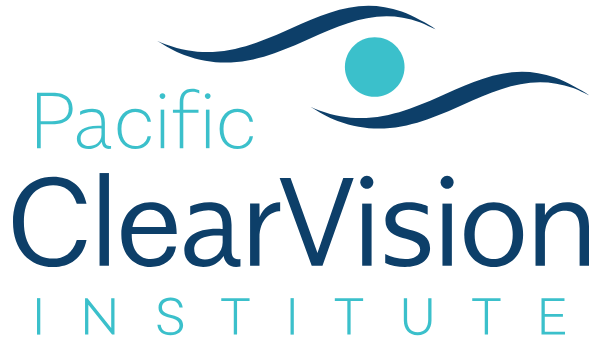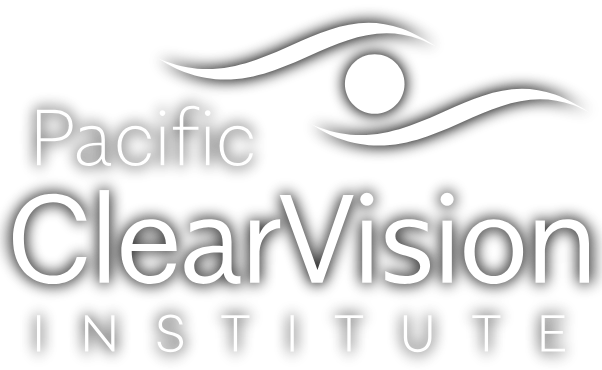We provide a full range of eye care services including LASIK, cataract surgery, dry eye treatment, oculofacial procedures, and general eye exams for ages 4 and up.
Frequently Asked Questions
What are your office hours and locations?
We have two locations to serve you:
Eugene Office
360 S Garden Way #250,
Eugene, OR 97401
Hours:
Mon: 8:30am - 5pm
Tue-Thurs: 7:30am - 5pm
Fri: 7:30am - 4:30pm
Sat: Occasional appointments available
Sun: Closed
Cottage Grove Office
257 N 8th St,
Cottage Grove, OR 97424
Hours:
Mon-Thurs: 8:30am – 5pm
Fri: 8:30am – 4:30pm
Sat-Sun: Closed
Do I need a referral to schedule an appointment?
Our offices do not require a referral to schedule with us. In some cases, the necessity for a referral depends on the insurance you carry. Please feel free to reach out to us and our team will gladly guide you through the appointment scheduling process, including any necessary prior authorizations.
What should I bring to my appointment?
Picture ID, insurance card(s), medication list, and any current vision hardware information (such as glasses or contacts).
Do you accept insurance?
Yes, we accept many insurance plans (including OHP). Please call your insurance company to confirm your coverage.
How does an ophthalmologist differ from an optometrist?
Educational Background
Optometrists receive specialized training in the management of eye conditions, contact lens prescription, and the removal of foreign objects from the eye. Typically, an optometrist completes four years of undergraduate education followed by four years in an optometry program, which emphasizes vision correction through eyeglasses and contact lenses. They also undergo coursework related to the detection of eye diseases.
On the contrary, an ophthalmologist is a licensed medical doctor who holds either an MD or a DO degree. Typically, their educational journey spans four years of medical school, four years of undergraduate studies, and an additional three years dedicated to surgical techniques and the treatment of eye diseases.
Patient Care Focus
While there is some overlap in the roles of optometrists and ophthalmologists, the primary focus of each profession differs. Ophthalmologists are equipped to prescribe eyeglasses and contact lenses but primarily concentrate on diagnosing, treating, and managing serious eye conditions like glaucoma, cataracts, and macular degeneration, often requiring surgical interventions. Optometrists, on the other hand, primarily strive to enhance their patients’ vision. If they detect any eye diseases, they typically refer their patients to ophthalmologists for specialized treatment.
Will my eyes be dilated?
Some visits require dilation to complete a full exam or consultation. Some patients prefer to bring a driver with them for appointments that require dilation, as some people find driving while dilated is not as comfortable.


